Ex-spy chief says Saudi Arabia should build nuclear bombs if needed
Saudi Arabia’s former intelligence chief prince Turki al-Faisal says the kingdom should acquire the knowledge to develop a nuclear bomb in order to defend itself, calling on the US to impose more sanctions on Iran instead of trying to restore the 2015 Iran nuclear agreement, which would remove the existing sanctions on Tehran.
“I’ve publicly said in the past that we should do whatever is necessary, including acquiring the knowledge to develop a [nuclear] bomb, in order to defend ourselves against a potential nuclear-armed Iran,” al-Faisal said during an interview with MSNBC.
The prince made the remarks when asked whether the Saudis would develop nuclear weapons.
“I am not in the government to say what the government is going to do, but this is my personal opinion,” he added.
Throughout years, Iran has repeated ad infinitum that its nuclear program is for purely peaceful purposes and that it has no intention of developing nuclear weapons.
Leader of the Islamic Revolution Ayatollah Seyyed Ali Khamenei has even issued a fatwa (religious decree) declaring that the acquisition, development, and use of nuclear weapons violate Islamic principles and are therefore forbidden.
In 2015, Iran signed a nuclear agreement – called the Joint Comprehensive Plan of Action (JCPOA) – with six world powers to reassure the world of the peaceful nature of its nuclear program. However, the deal was scrapped by former US president Donald Trump in favor of a “maximum pressure” campaign against the Islamic Republic.
Although deemed a positive step by much of the international community, the JCPOA was attacked by Israel, Saudi Arabia and the UAE, which cheered Trump’s unilateral withdrawal from the agreement in spite of global outrage.
'More sanctions on Iran'
During the interview, prince Turki also called for more sanctions on the Islamic Republic, rather than engaging with the country diplomatically and attempting to remove the anti-Iran sanctions.
“They use blackmail to get what they want,” he said of Iran.
Diplomatic efforts have been ongoing in the Austrian capital, Vienna, since April to bring the US back into the deal and remove its anti-Iran sanctions after Washington’s maximum pressure policy failed miserably and prompted Iran to disregard certain limits that the JCPOA had put on its nuclear work.
Iran has repeatedly said its participation in the Vienna talks aimed to have all US sanctions removed, declaring that it would reciprocate a verifiable removal of the sanctions by resuming all of its nuclear obligations under the deal.
Unlike the Islamic Republic of Iran, which has never threatened to develop nuclear weapons, the Kingdom of Saudi Arabia has occasionally threatened to acquire nukes.
Mohammad bin Salman, the de facto ruler of the kingdom, warned in May 2018 that Riyadh would develop its own nuclear weapon if Iran quires one.
“If Iran developed a nuclear bomb, we would follow suit as soon as possible,” bin Salman said.
The kingdom’s foreign minister also echoed the remarks later.
“We have made it very clear that if Iran acquires a nuclear capability we will do everything we can to do the same,” Saudi Arabia’s then-Foreign Minister Adel al-Jubeir said.
“We support and welcome the withdrawal of the United States from Iran nuclear deal, support the decision to reinstating economic sanctions on Iran, and continue to work with our partners to address the dangers,” he said, in the immediate aftermath of Washington’s May 8, 2018 withdrawal from the JCPOA.
In April 2019, satellite imagery revealed that Saudi Arabia was nearly finished constructing its first nuclear reactor, much to the alarm of arms control experts.
The Wall Street Journal said then it had uncovered a facility constructed in a remote area in Saudi Arabia for extracting uranium yellow-cake from uranium ore. Ironically, the facility was located near a solar-panel production area.
Arms control experts have expressed alarm over the kingdom's abstention from established guidelines followed by world countries.
They are anxious about an unusual facility located near al-Ula, a small city in the Saudi northwest desert near a solar-panel production area.
D-8’s role in Iran’s economy after Cairo summit
China slams US as ‘war-addicted’ threat to global security
China ‘firmly opposes’ US military aid to Taiwan
VIDEO | Press TV's News Headlines
President Yoon Suk Yeol to be removed from office
At least 19 Gazans killed by Israeli airstrikes since dawn: Medics
Leader: Iran neither has nor needs proxy forces
US fighter aircraft shot down ‘in friendly fire’ amid aggression on Yemen


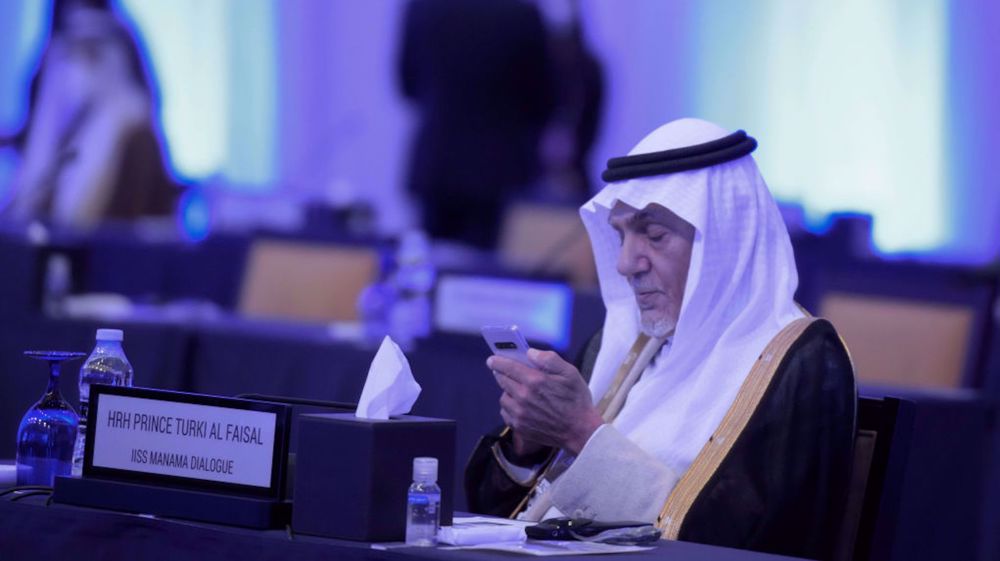
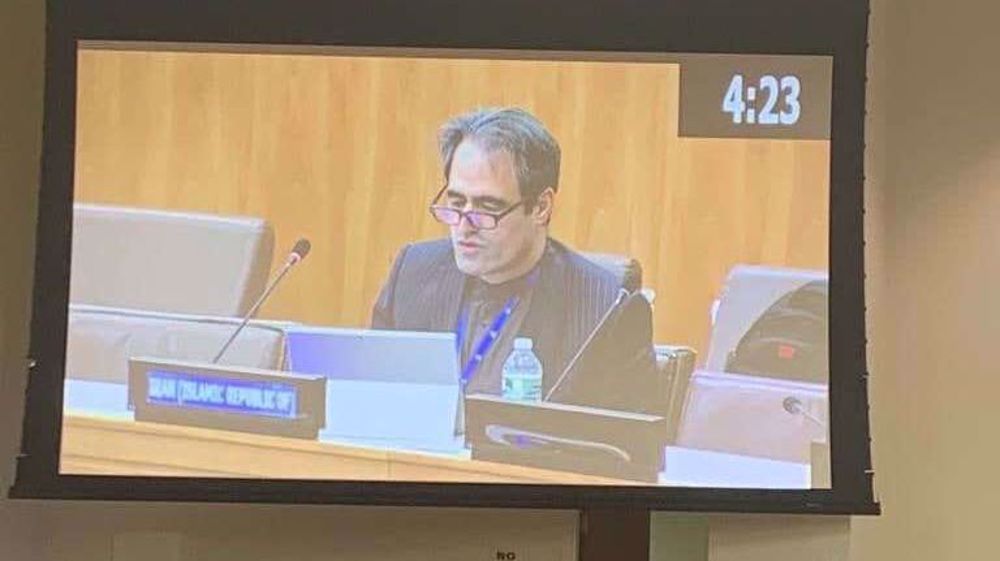
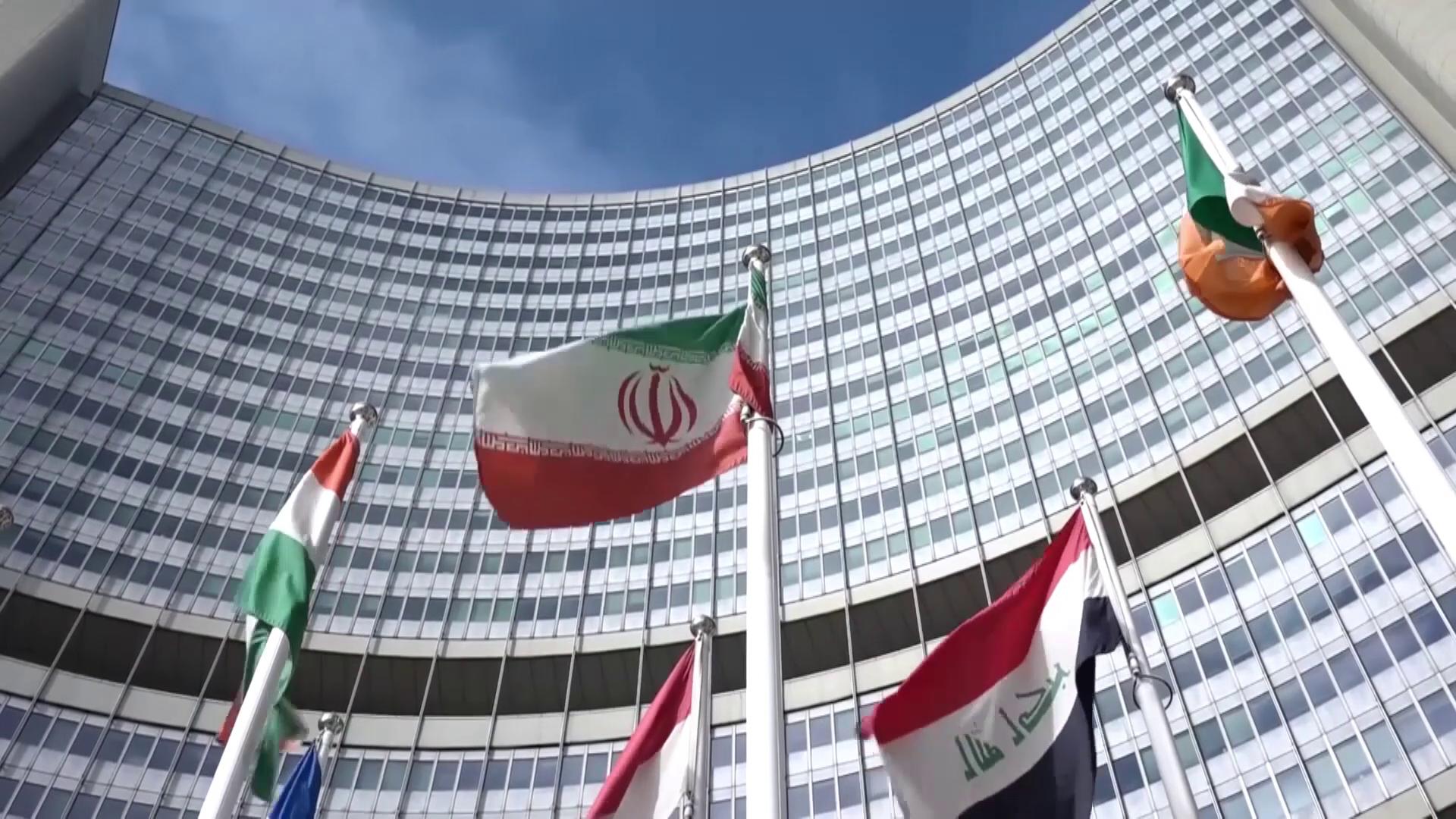
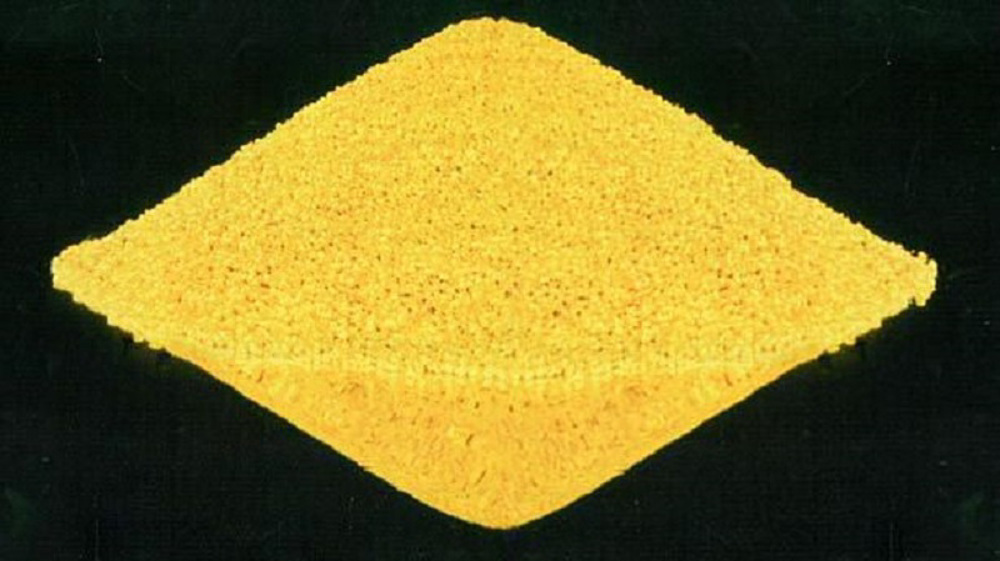






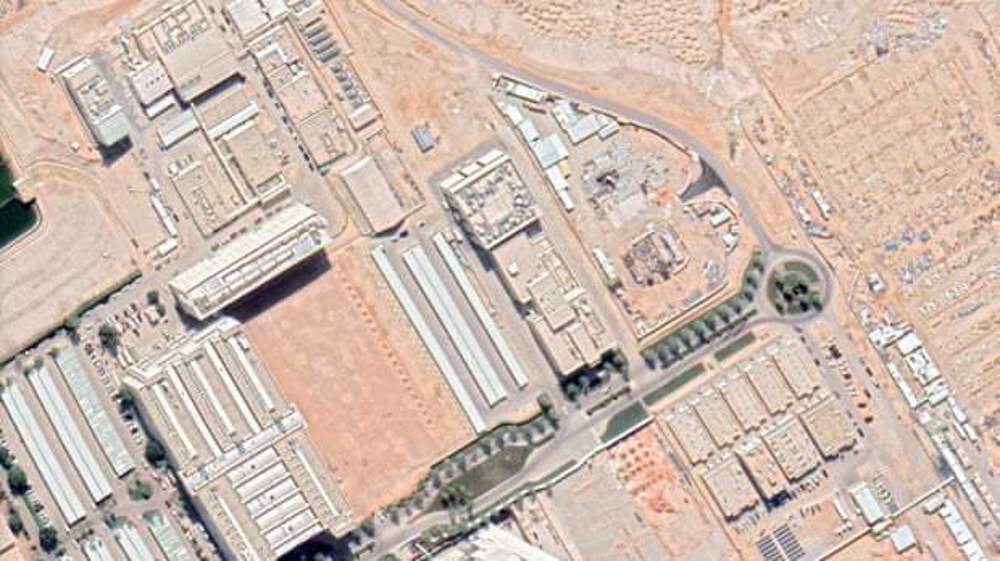
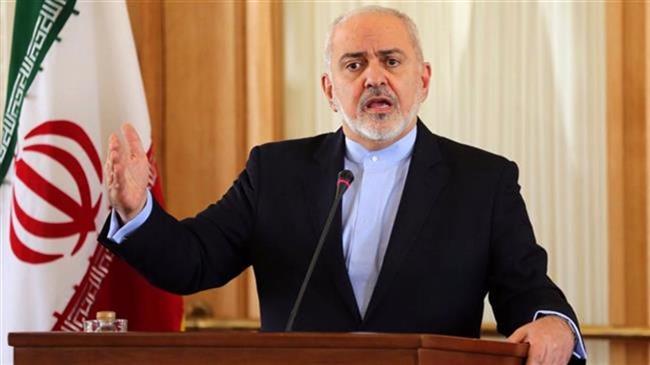
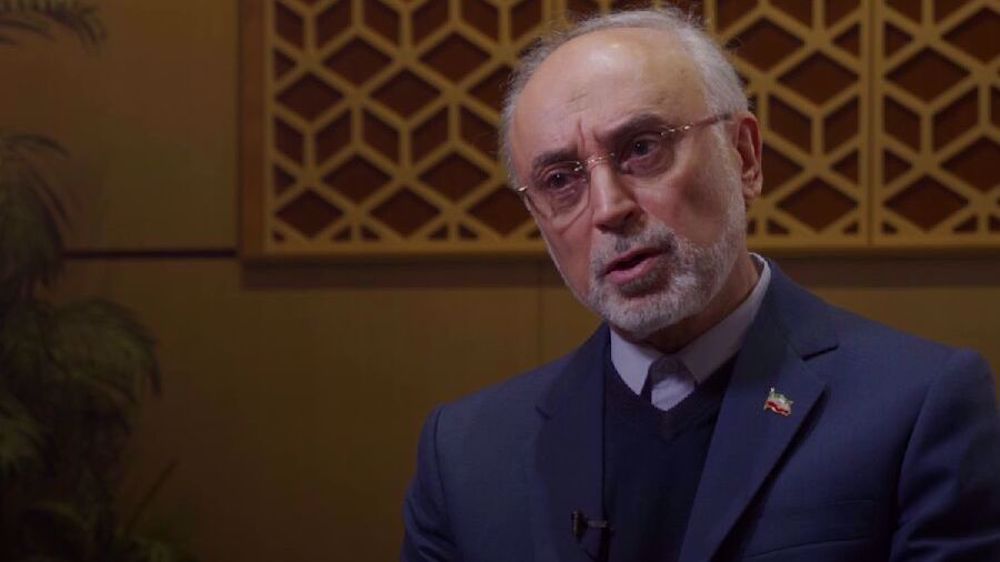
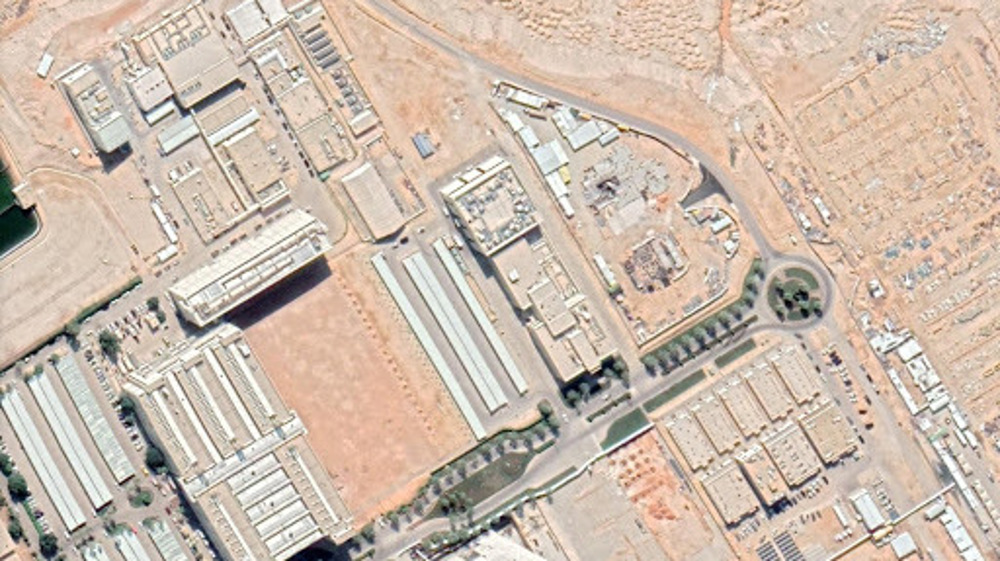
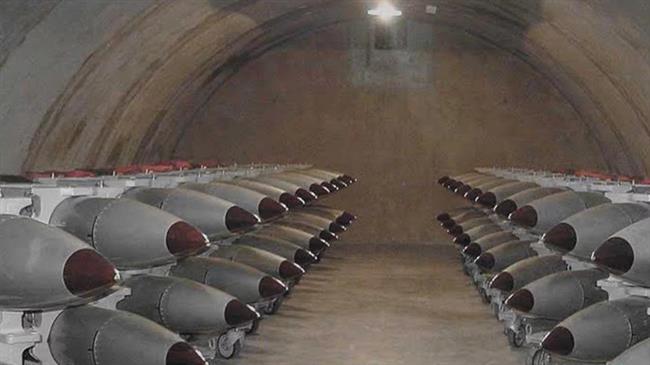

 This makes it easy to access the Press TV website
This makes it easy to access the Press TV website